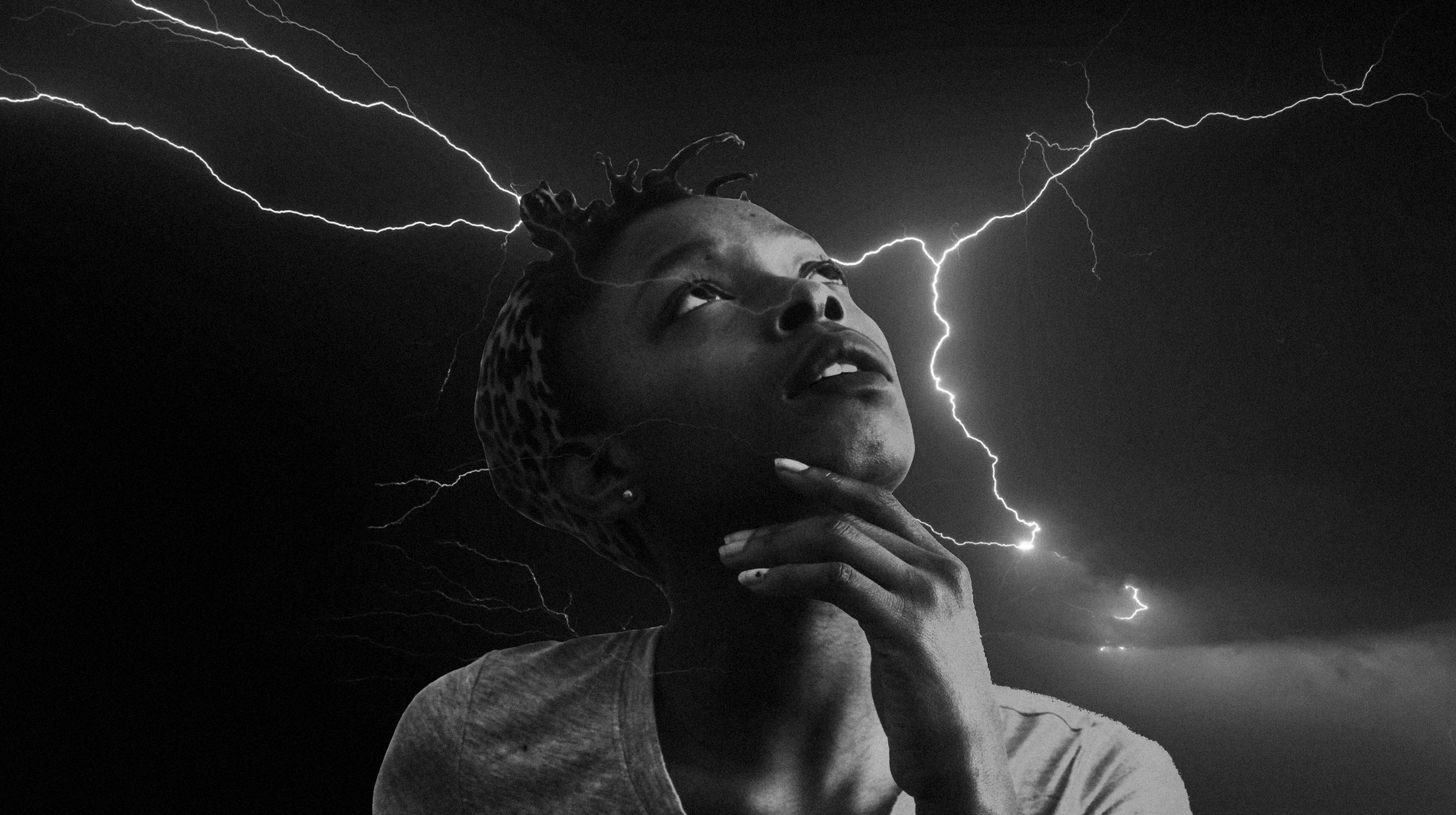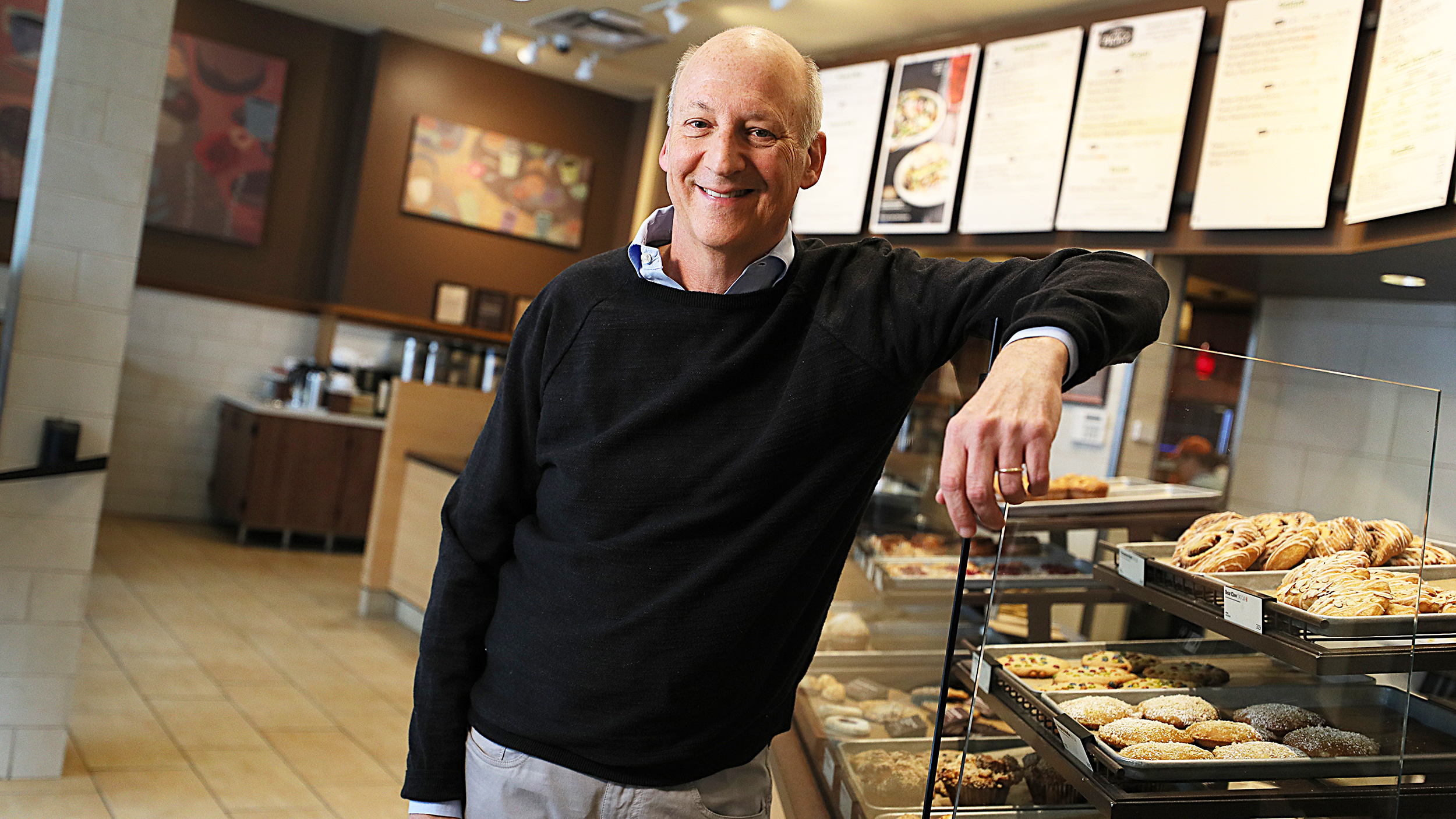Why American culture gets mistakes all wrong

A young woman smokes a cigarette during a break outside an office building on May 4, 2018 in Berlin, Germany. Smoking is banned in Germany in restaurants and most indoor venues. (Photo by Sean Gallup/Getty Images)
- Americans treat mistakes as character flaws, write Carol Tavris and Elliot Aronson.
- The Japanese, by contrast, treat errors as an essential part of personal growth.
- Coming clean about our mistakes helps us earn trust and feel better about ourselves.
In the nineteen seventies, American psychologists Harold Stevenson and James Stigler noticed a disturbing trend. By the time American students entered fifth grade, the highest-scoring math classrooms were ranked beneath the lowest-scoring Japanese classrooms. The researchers spent the next decade intensively studying elementary schools in American, China, and Japan to discover the root cause.
In February 1986 they published their results. While the study is comprehensive, an a-ha moment occurred after observing a Japanese boy attempting to draw three-dimensional cubes on a blackboard. After forty-five minutes of struggling he still had not completed the task. By this point, both psychologists were uncomfortable that the teacher had allowed this to last for so long.
Yet the boy was unfazed by the seemingly inordinate amount of time he was spending on the problem, which made Stevenson and Stigler question why they felt discomfited. And then, a-ha, as Stigler explains:
“Our culture exacts a great psychological cost for making a mistake, whereas in Japan, it doesn’t seem to be that way. In Japan, mistakes, error, confusion [are] all just a natural part of the learning process.”
The psychologists also found that American parents believe math skills are innate. They generally feel their children are receiving proper instruction in school and don’t overemphasize academic performance, especially if the skills they need to succeed are the result of genetics, not perseverance. If you don’t “have it,” there’s no use trying to get it, as it naturally eludes you.
Commenting on this study in their book, Mistakes Were Made (but not by me), Carol Tavris and Elliot Aronson observe the difference in Japan:
“In contrast, most Asians regard math success like achievement in any other domain; it’s a matter of persistence and plain hard work. Of course you will make mistakes as you go along; that’s how you learn and improve.”
Why We Believe – Long After We Shouldn’t
The “innate tendencies” paradigm creates a heavy psychological burden when Americans blunder; it promotes the notion that mistakes signal an identity flaw. As Stevenson and Stigler note, when the Japanese student finally drew the cube, his classmates cheered him on. This camaraderie allows one to be vulnerable in public. The student feels he can err and not be penalized. Instead he’s supported for his grit.
While this is certainly possible anywhere, including America, it simply isn’t part of our shared heritage. Mistakes are treated as abominations, which leads to guilt and shame. And indeed, some mistakes, especially repeated offenses such as sexual harassment and racism, warrant public shame. Yet the equivalent American student at the blackboard is more likely to encounter snickers and snide comments from his peers, closing him off from being vulnerable, which also decreases the opportunity for learning.
In their book, Tavris and Aronson investigate the real-world consequences of not owning mistakes. Examples include wrongful convictions that police, judges, and prosecutors refuse to admit even after counter-evidence is shown, causing tens of thousands of prisoners to needlessly sit inside prisons; the psychiatric phenomenon of “false memories” that caused numerous patients to believe they repressed incidents in their life, tearing families apart; and perhaps most classic, refusing to back down from a righteous and often misinformed stance about romantic partners or spouses.
In his short book, Lying, neuroscientist Sam Harris comments on the psychological toll lying creates. One seemingly small lie forces its teller to mentally track their narrative, which easily snowballs into the creation of an entire alternative universe. Most liars, he writes, get caught simply because they cannot keep up with all the “facts” they invented to cover the initial fib. Justifying mistakes produces similar results.
As Tavris and Aronson write, this is especially true if we cannot undo the error. Instead of owning up to it, we double and triple down regardless of how foolish we look. This is in large part due to how memory works. Being biologically geared toward survival, we are born “with an ego-enhancing bias that blurs the edges of past events, softens culpability, and distorts what really happened.” Our decisions tend to look great in a rearview mirror.
The Neuroscience of Lies, Honesty, and Self-Control | Robert Sapolsky
We all do this. We remember the past according to the narrative we want to transmit in the present. This is especially dangerous in clinical situations. Doctor errors are common; so are doctors covering their tracks. The fear is as much about reputation as it is litigious. Yet, as the authors note, patients are far less likely to sue when a doctor owns their mistake, as “it gives meaning to the patients’ suffering.”
There’s no greater example of this playing out publicly than yesterday’s congressional testimony with Michael Cohen. Regardless of your feelings on this spectacle, Cohen is admitting guilt as the case against him is based purely on past grievances as markers of identity. Terms like “redemption” are thrown around yet not taken seriously. The stakes are unusually high in this particular situation. Still, the message is clear: your errors are who you are so never should anyone trust you. This mindset is embedded in our culture.
Which is a perception that destroys cultures. Consider one of our biggest epidemics. Americans consume a whopping 80 percent of the world’s opioid supply; add in Canada and Western Europe and 95 percent of the global opioid supply is accounted for. As studies have shown, physical and emotional pain are related. I’m close to former and current prescription pill addicts, and the failing, to them, is both. Their pain becomes part of their identity; blunting it out at any cost seems worth it.
Step back from personal pain and look at climate change. Our collective errors are destroying a planet. Yet those responsible for creating legislation that could reverse course avoid this reality. In the end, we’re all going to pay a heavy toll for this refusal to own our mistakes.
Now imagine we lived in culture that treats mistakes as part of the learning process, that accepts honest apologies as part of personal growth and not character stains. Tavris and Aronson put it best:
“It is a lesson for all ages: the importances of seeing mistakes not as personal failings to be denied of justified but as inevitable aspects of life that help us improve our work, make better decisions, grow, and grow up.”
The need to be right produces arrogance and self-righteousness. It creates an unyielding mindset. That’s tragic. No human is infallible; this quality unites us. We should treat mistakes in this light. Otherwise, we’re only opening the door for more dangerous mistakes to rear their ugly head.
—
Stay in touch with Derek on Twitter and Facebook.





